Facing declining demand for its Wrangler, Grand Cherokee and Gladiator models, Jeep says it will cut as many as 3,700 jobs at plants in Michigan and Ohio — and its putting at least some of the blame on California’s tough emissions rules.
Under the federal WARN Act, Jeep parent Stellantis provided warnings to state and local governments that it may trim up to 2,455 jobs in Michigan by eliminating the third shift at its Mack Avenue Assembly Plant in Detroit, and another 1,225 jobs at a factory in Toledo, Ohio. The layoffs will be effective as early as Feb. 5.
The automaker also issued notice to the United Auto Workers union which last month ratified a new 4.5-year contract with Stellantis. Along with a 25% raise, the agreement was seen by the union as a way to preserve members’ jobs. UAW representatives did not respond with comment on the upcoming layoffs.
By the numbers
The precise number of workers who’ll be affected could change by early next year, according to a Stellantis representative. Jodi Tinson, Stellantis’ spokesperson, told the Detroit Free Press the final tally “will definitely be lower at Mack and could be a little bit lower at Toledo,” but there are “lots of moving pieces” that need to be put into place before the numbers are locked down.
What’s clear is that the numbers aren’t looking very good for Jeep. The off-road brand’s sales tumbled 4% for the third quarter and are off 9% for the first nine months of the year. (Stellantis only reports sales on a quarterly basis.)
The slowdown led to Jeep replacing longtime brand boss Jim Morrison last week.
California blamed
The layoffs impact three critical Jeep products: the Wrangler SUV, the Gladiator pickup, and the Grand Cherokee SUV which is offered in two- and three-row configurations.
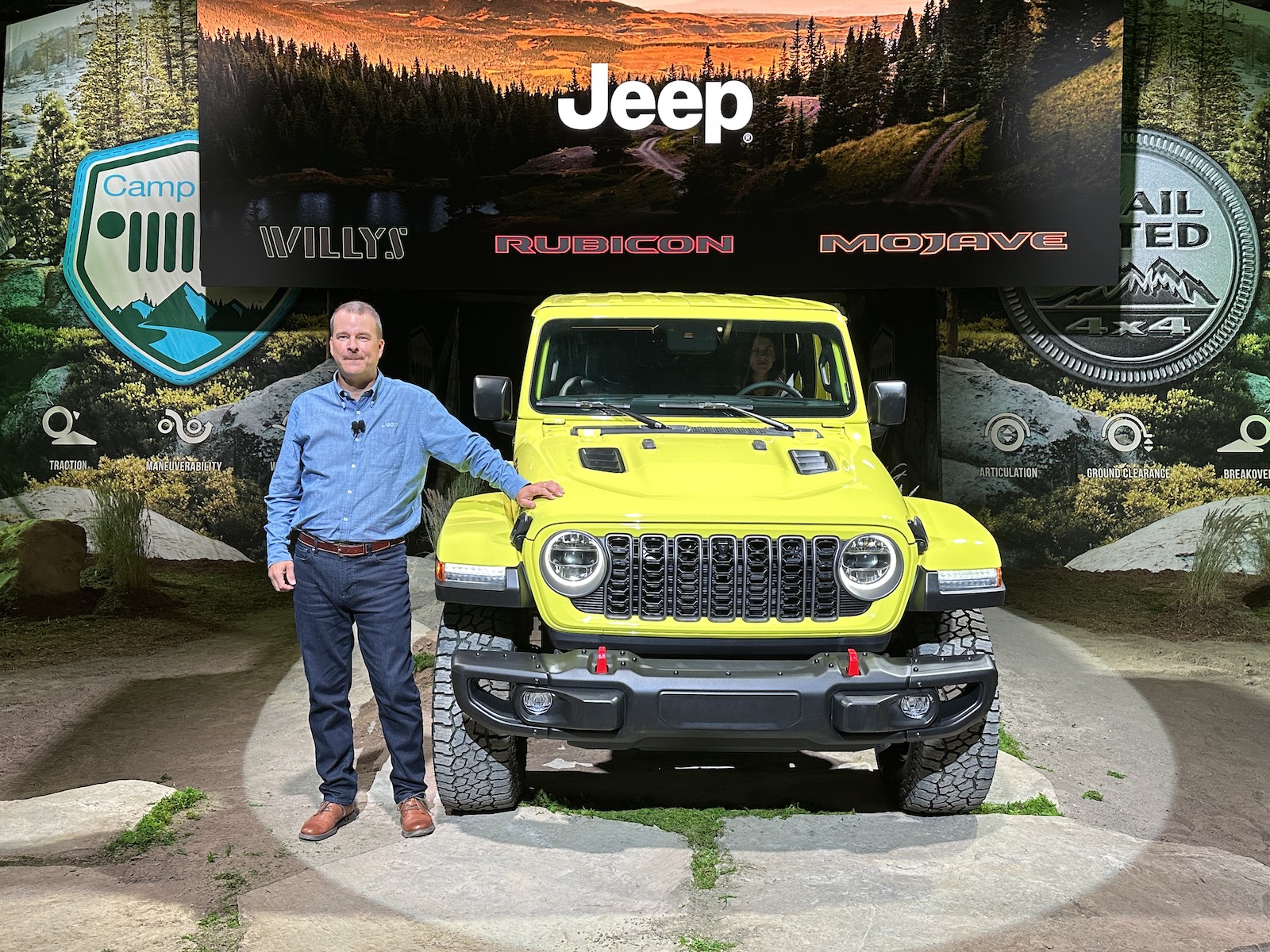
Jeep sales are down 9% through the first nine months of the year, and the brand’s former leader, Jim Morrison, is now in charge of Mopar.
Stellantis contends it is cutting production of those vehicles due to expectations that sales will decline in California — the nation’s largest vehicle market — and other states that have adopted California’s strict emissions standards.
In a petition filed with the federal government last week, Stellantis claimed that the Golden State improperly negotiated a deal in 2019 with four competing automakers — Ford, Volkswagen, Honda and BMW — that puts it at a disadvantage.
That agreement was intended to settle an ongoing dispute about whether California had the right to set carbon dioxide emissions standards more stringent than what the federal government called for. Stellantis sided with the Trump administration which wanted to eliminate the California waiver. Trump eventually lost the case and the Biden administration supported the state’s position.
As part of the deal, the four automakers received concessions on how they measure their status in meeting future emissions targets.
Slow to the market
Even with those concessions, the industry will have to take significant steps to meet the California mandates. But those will prove particularly challenging for Stellantis which has been one of the slower manufacturers when it comes to adding electrified vehicles to its U.S. fleet.
It currently offers only a handful of plug-based models: including the Chrysler Pacifica Hybrid. Jeep has two plug-in hybrids, versions of the Wrangler and Grand Cherokee, and plans to launch its first all-electric model, the Jeep Recon, next year.
The Wrangler PHEV is actually the best-selling plug-in hybrid in the U.S., and the fourth-best-selling plug-based model — which includes both PHEVs and pure EVs — in California.

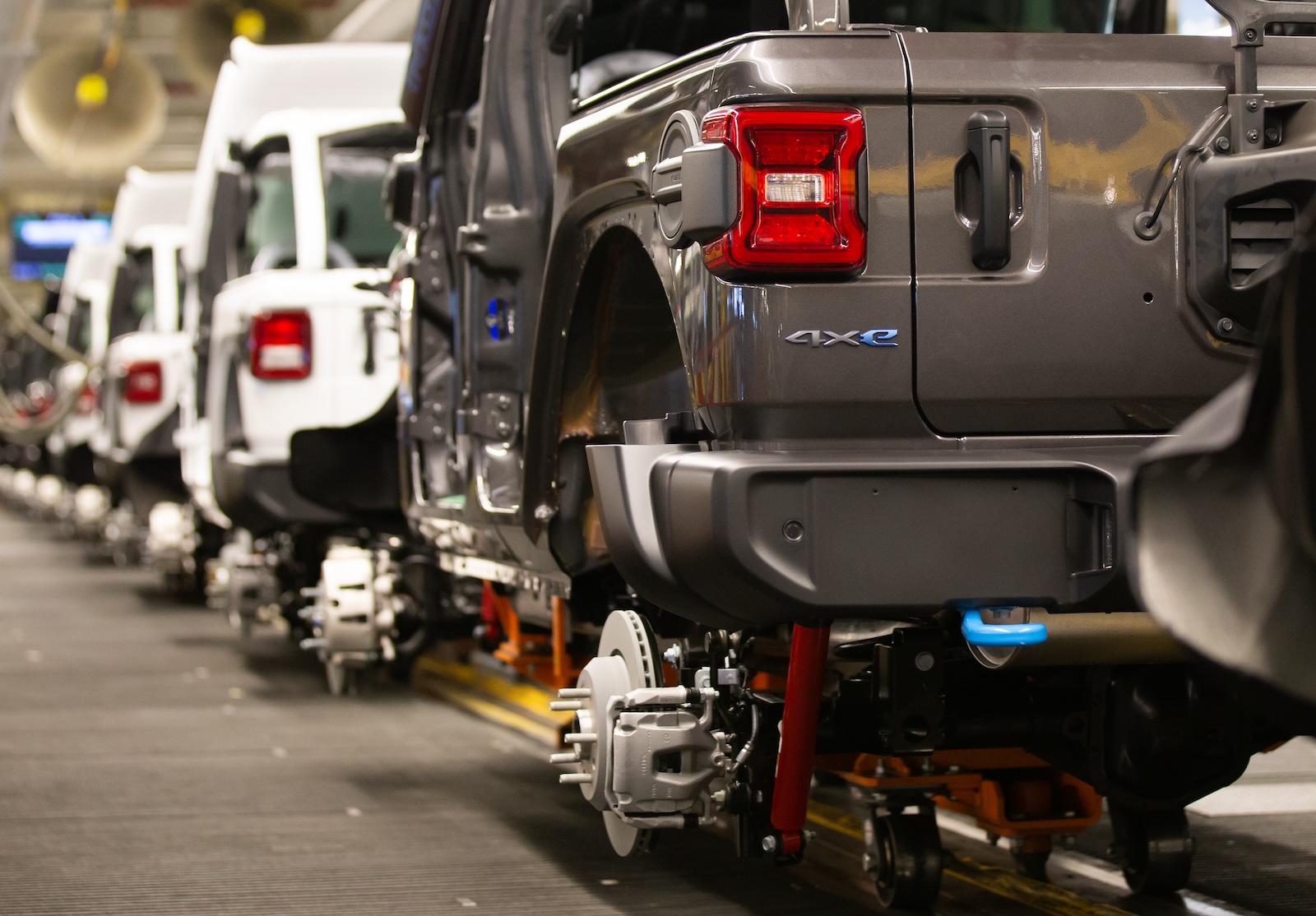
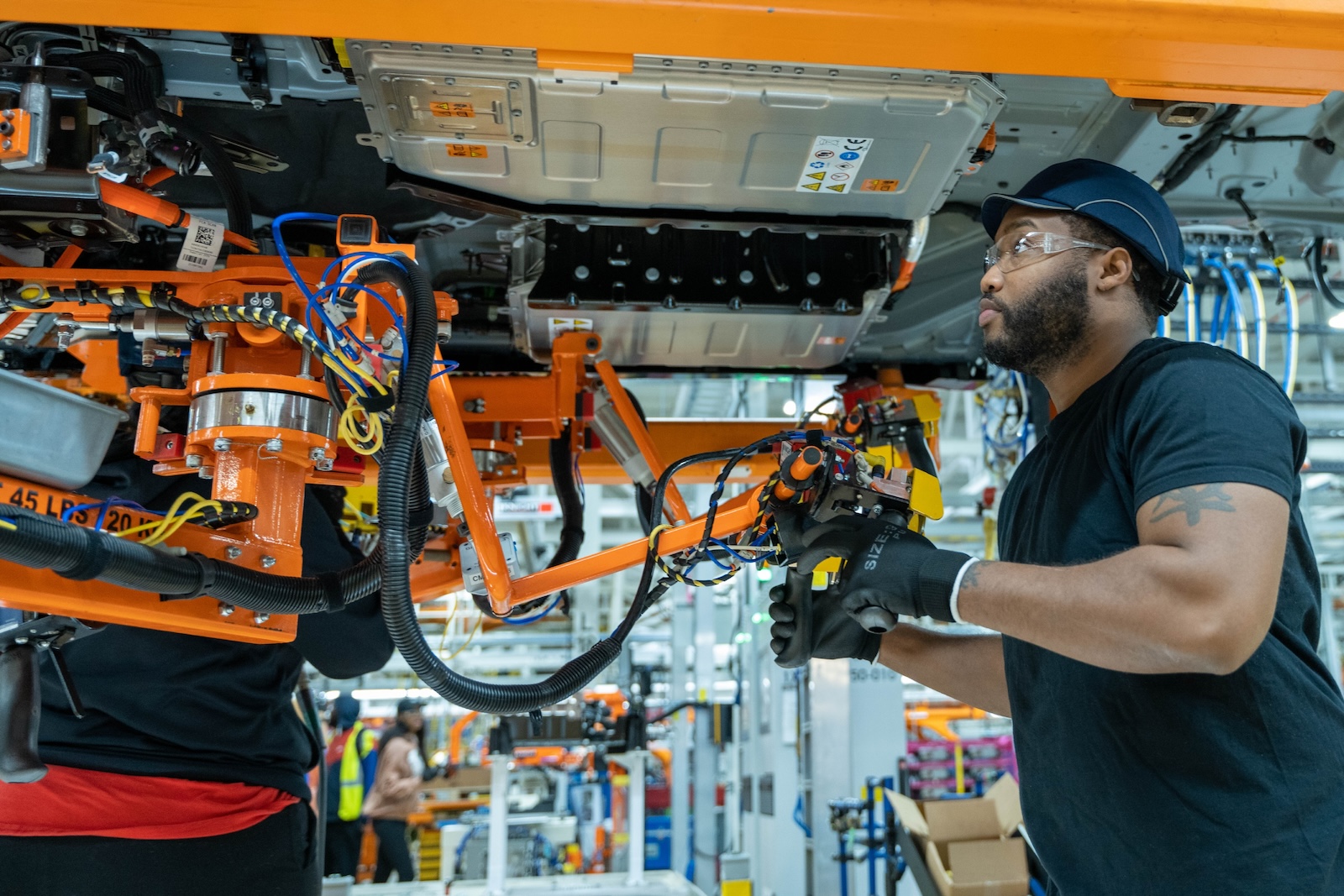
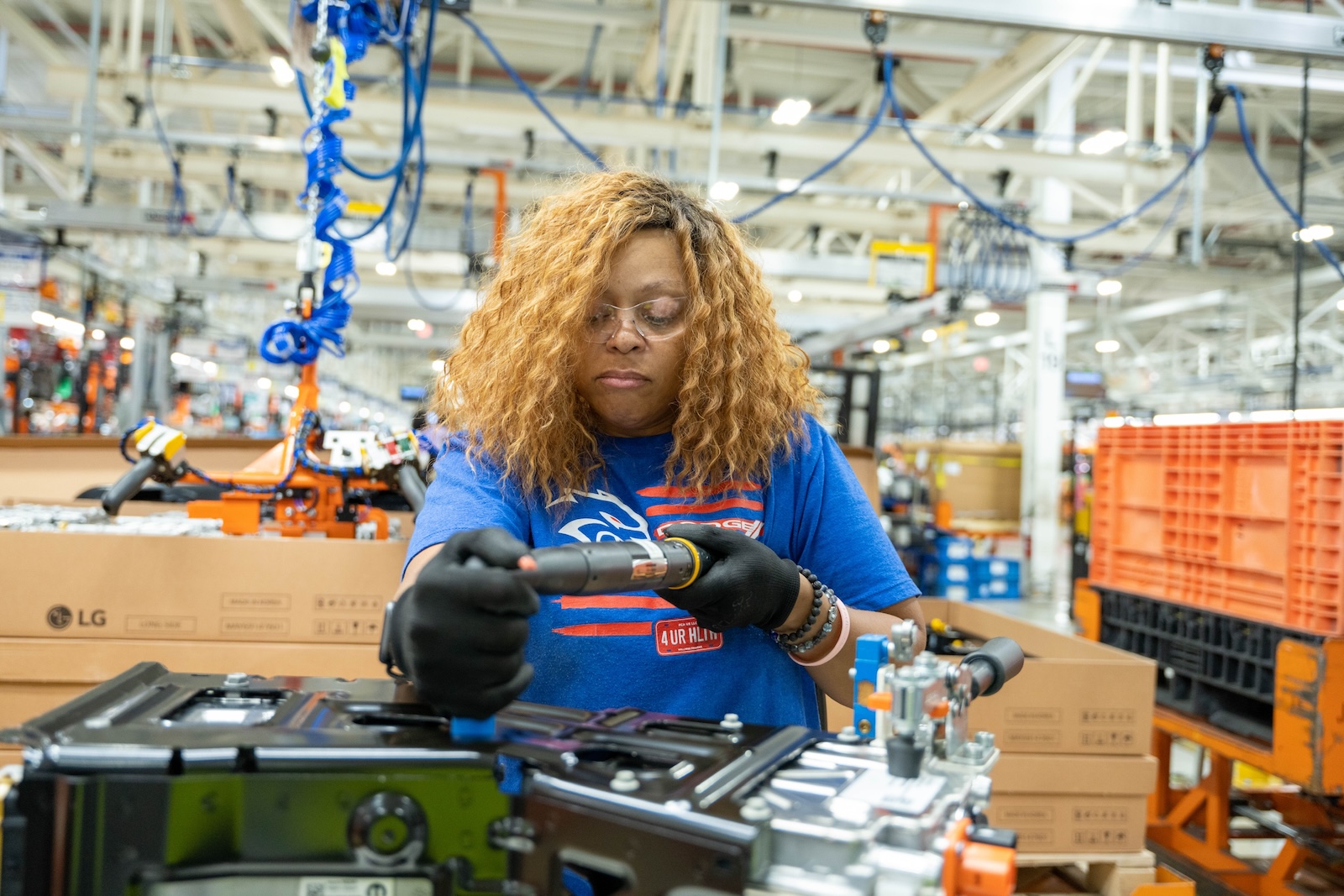
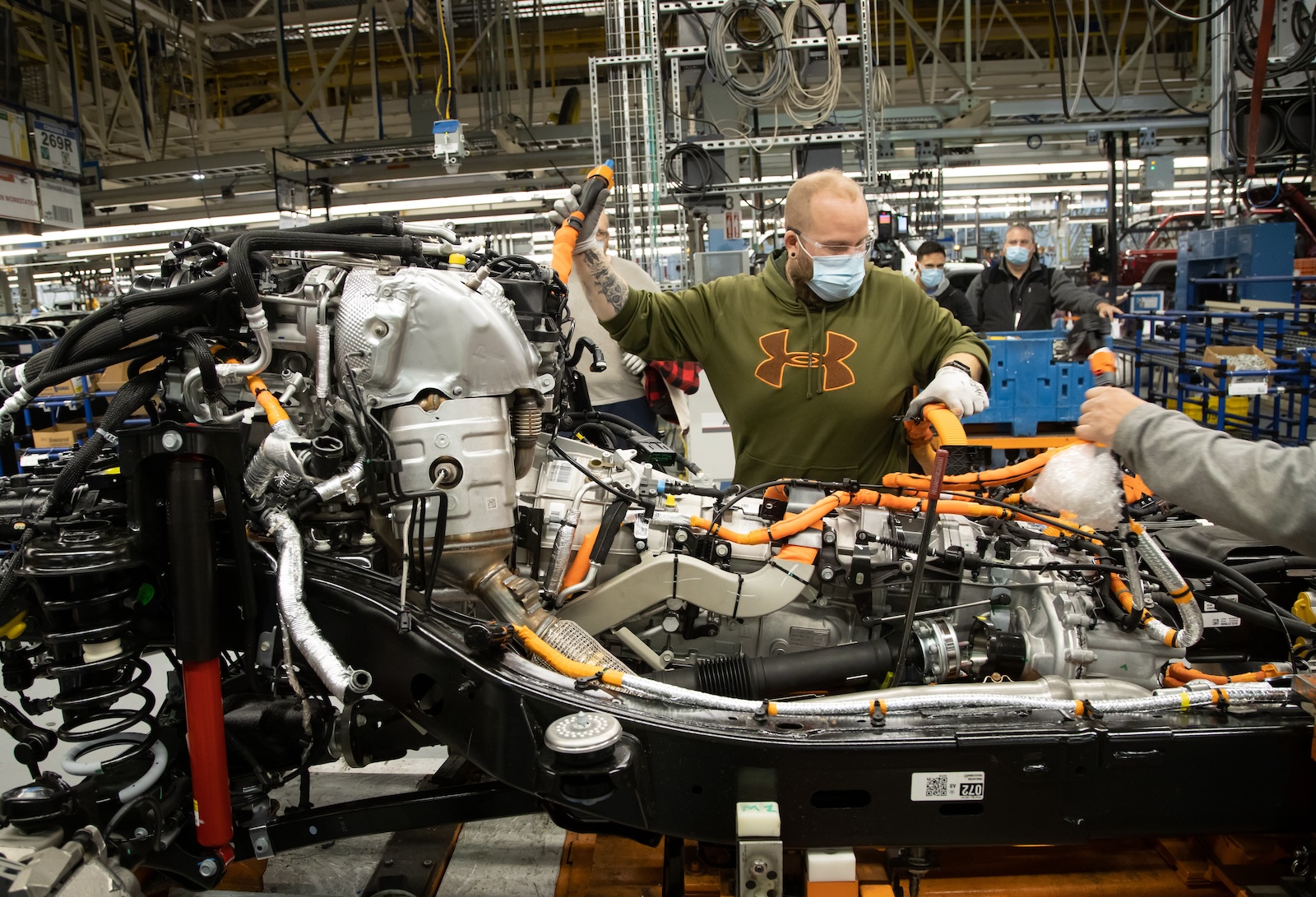
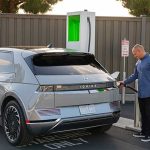
0 Comments